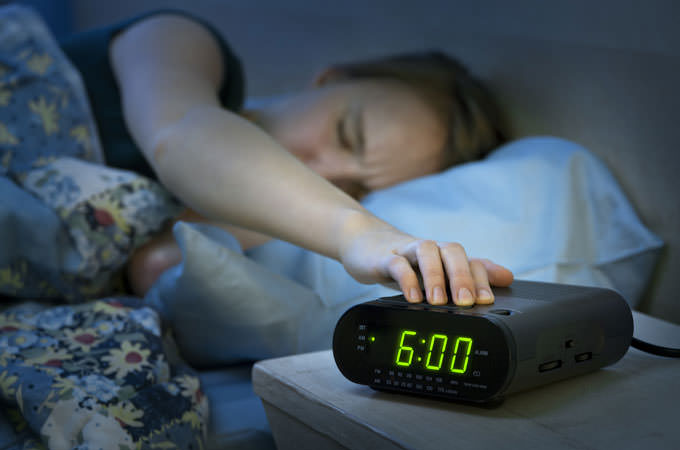
Cancer is probably the most common deadly disease in the world today, and it’s starting to seem as almost anything can cause it. One particular study found that even irregular sleeping patterns can lead to cancer, as it was shown in multiple tests run on mice.
The result of this research thus directly raises the question of working in shifts. We all know irregular sleep habits on a day to day basis are not the best thing for your health, but this finding causes serious questions even with providing for your family.
The researches even went further, stating that women with a family risk of breast cancer should never work in shift. However, more tests in people are, naturally, needed.
The mice used in this test had their body clock delayed by 12hours every week for a whole year, which led to them being more prone to developing cancer.
In normal conditions, the animals would have tumors after 50 weeks; however, with the regular disruption of their sleep, the tumors appeared 8 weeks earlier.
Apart from showing growing implications with cancer, the tests run on mice also indicated that those animals with a bad sleeping habit were 20% heavier than their fellow mice with a natural sleeping order, although they all ate the same amount of food.
This is not the first time where cancer was affiliated with sleeping patterns, as some older studies suggested that women who worked in shifts, particularly flight attendants, had a higher risk of developing breast cancer. Does the interruption of the body’s internal rhythm really increase the risk of disease that much? And should shifts be all together banned? Can the economy live through such a change? At the end of the day, is there anything more important than a human life?
Of course not, however, the link between cancer and poor sleep patterns, primarily those developed because of working in shifts, is somewhat still uncertain due to various different factors such as activity levels, social class, life style, reaction to stress, etc.

